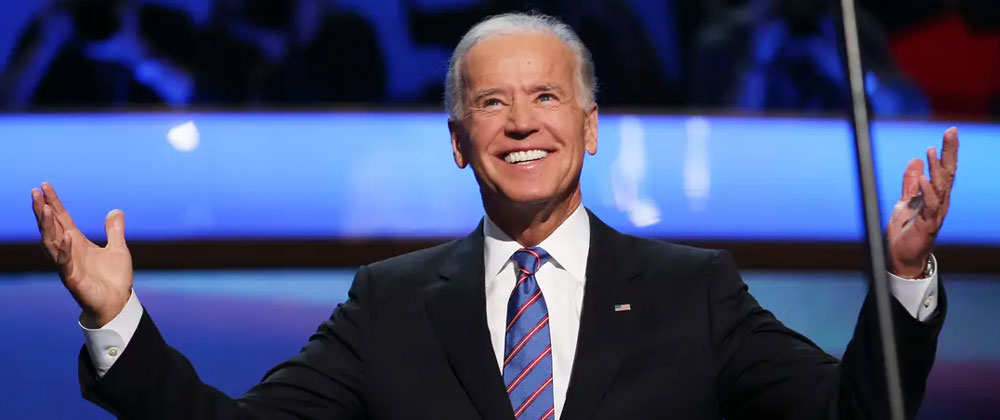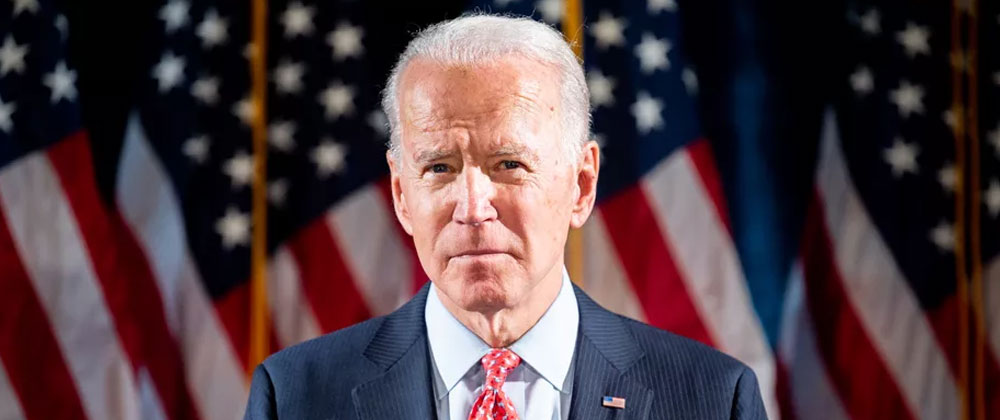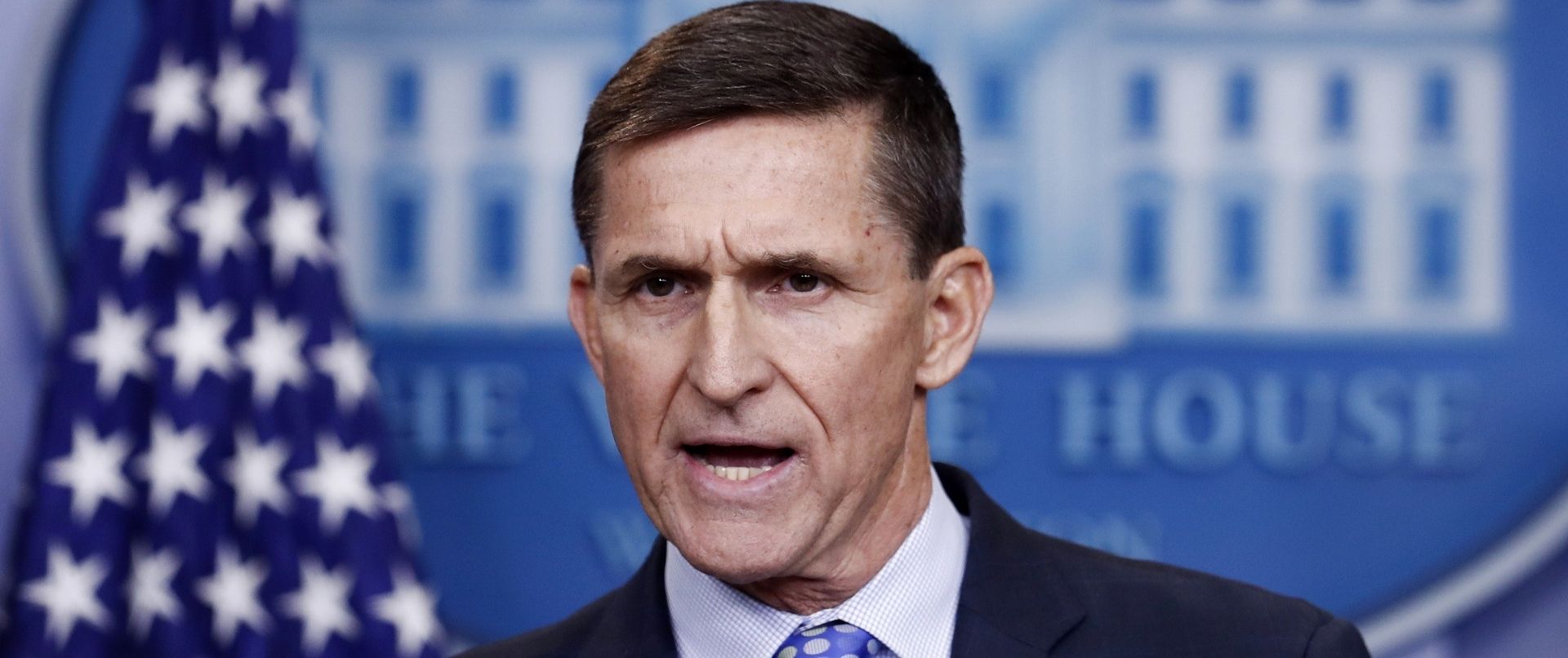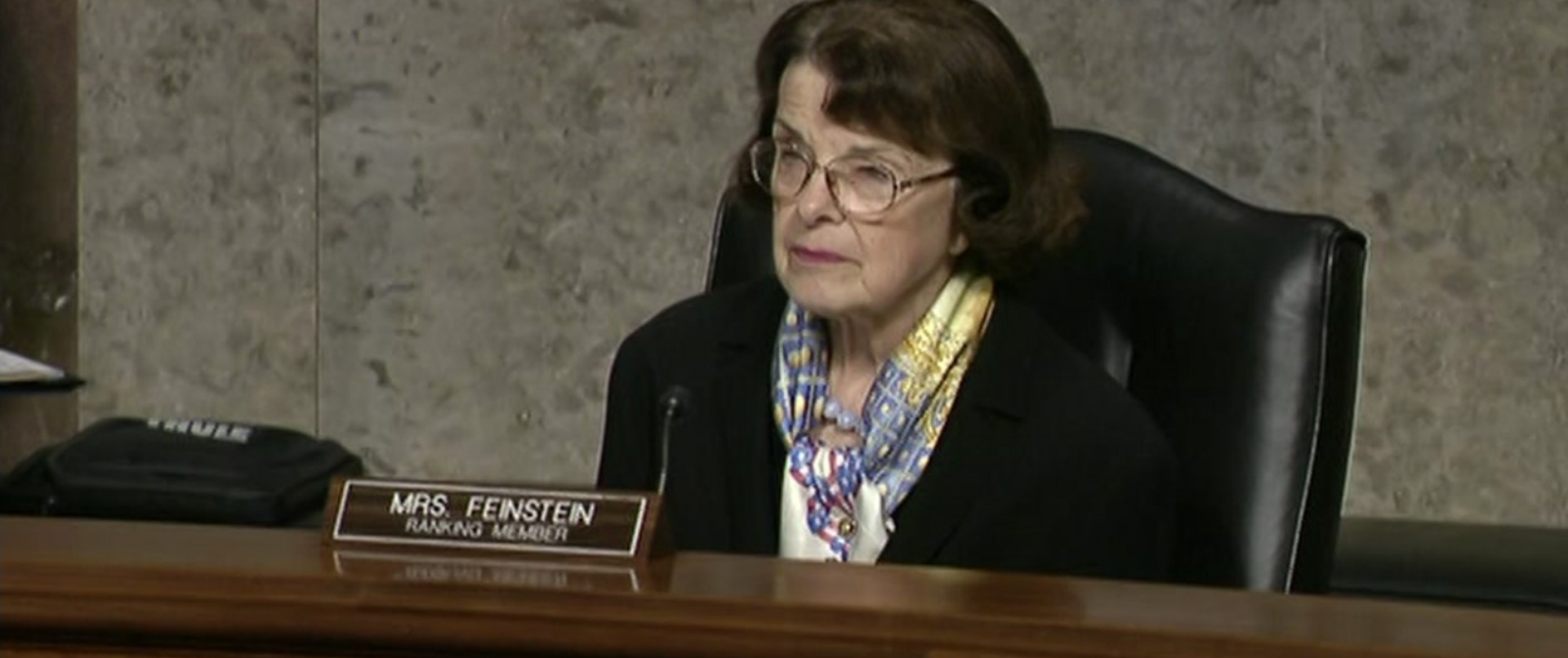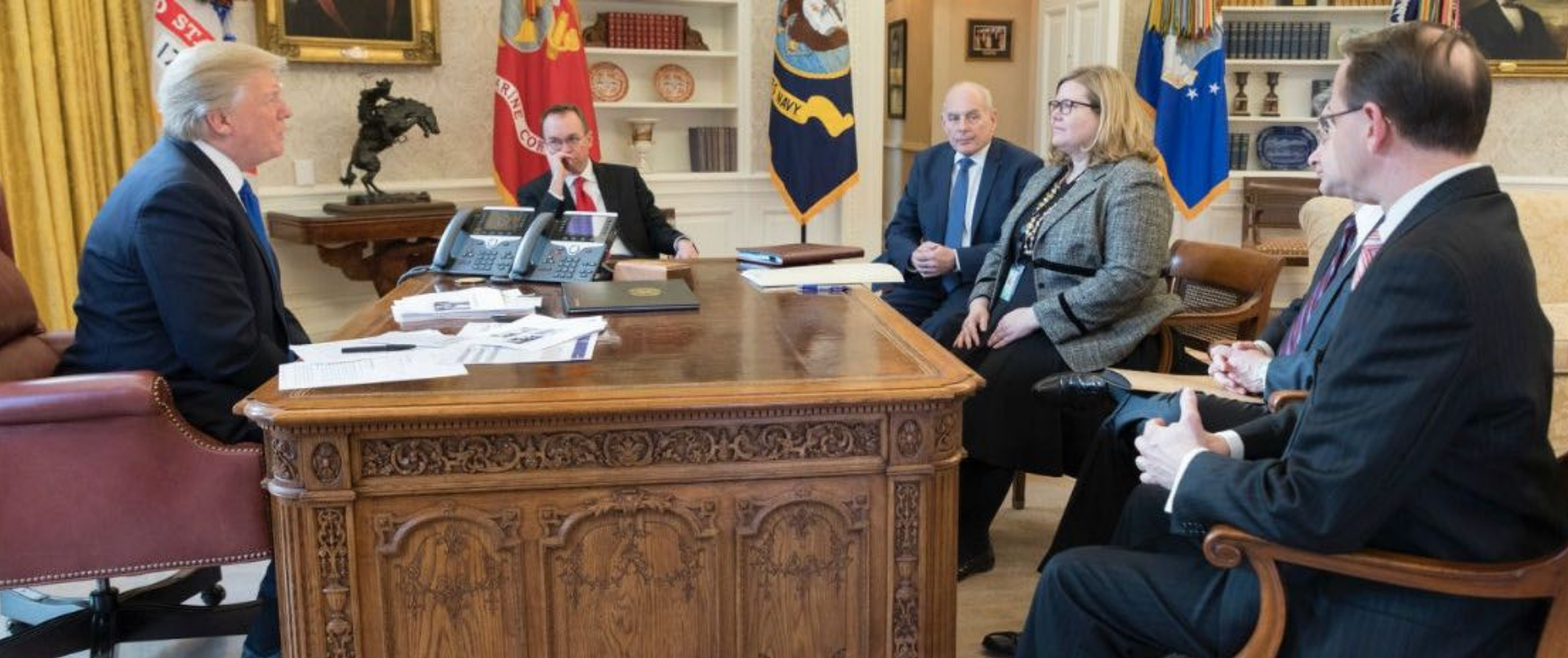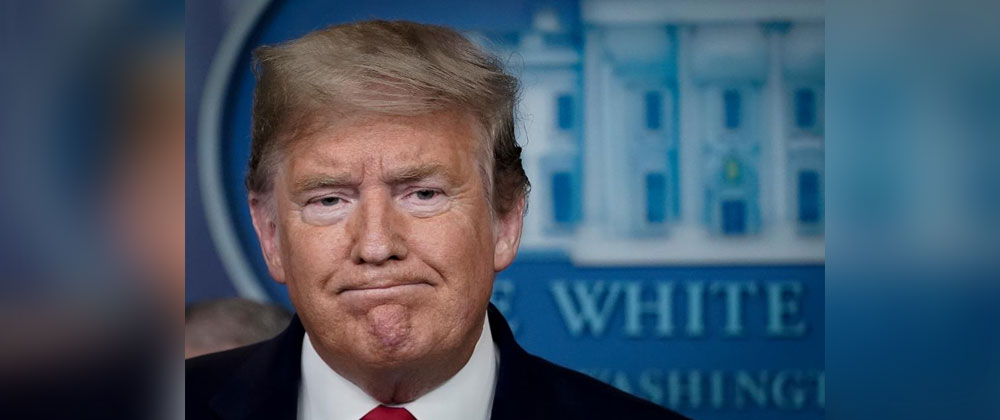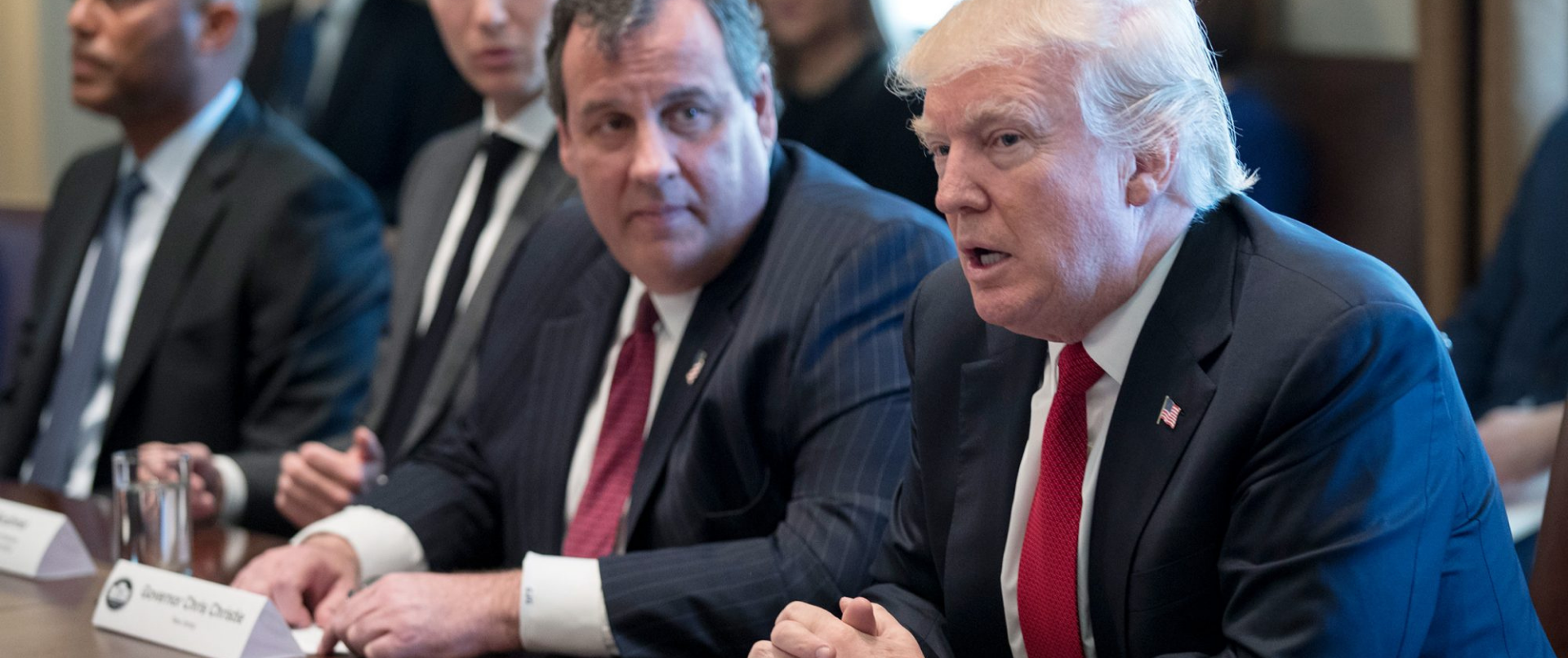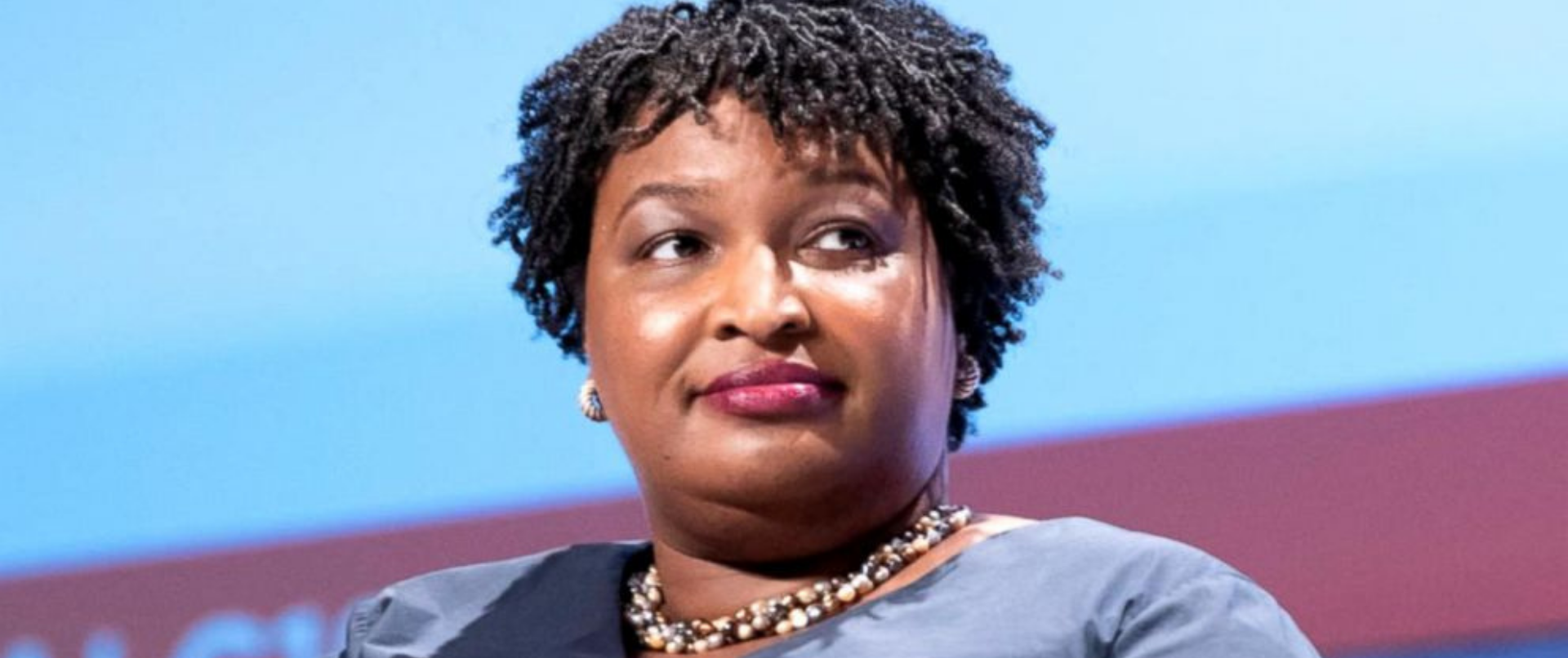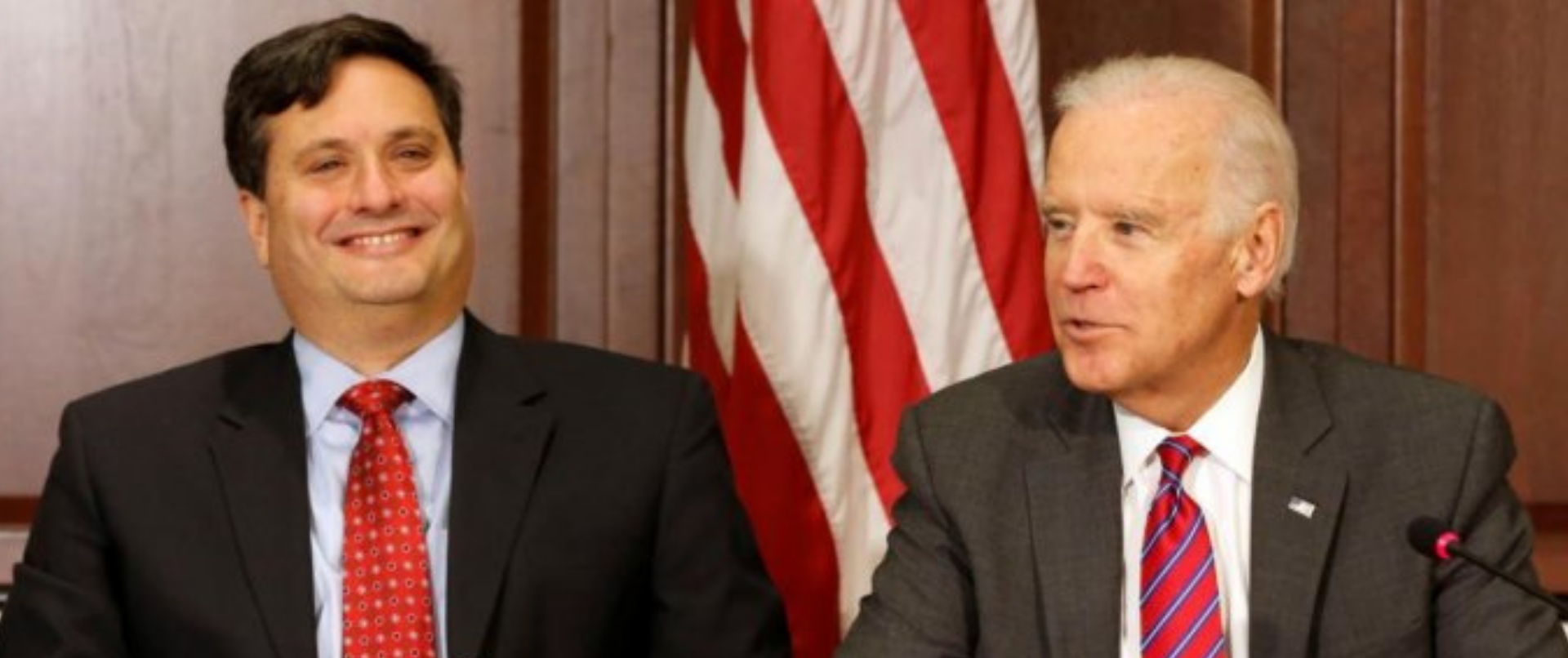President Trump commuted the prison sentence of longtime confidant Roger Stone
On Friday, Trump commuted the prison sentence of longtime confidant Roger Stone after the former campaign adviser was sentenced to three years and four months in prison in connection with former special counsel Robert Mueller’s Russia investigation.
The decision capped a months-long saga that has roiled the Justice Department and divided some of the president’s advisers. Stone was set to report to prison July 14, but his allies had lobbied for a pardon or a commutation, citing his risk of contracting coronavirus while in jail.
The move Friday did not come as a particular surprise, as Trump had at various points in recent months signaled he was leaning toward intervening in Stone’s case. Trump told reporters he was considering a commutation or pardon for Stone as the date he was scheduled to report to prison loomed.
The announcement from the White House came roughly an hour after an appeals court denied Stone’s motion to delay the start of his prison term, scheduled to begin Tuesday.
White House press secretary Kayleigh McEnany issued a statement Friday evening describing Stone as “a victim of the Russia Hoax that the Left and its allies in the media perpetuated for years in an attempt to undermine the Trump Presidency.” McEnany said that Trump had signed an executive grant of clemency commuting his “unjust” sentence.
Trump has regularly railed against the prosecutors involved in the case, singled out the Obama-appointed federal judge overseeing the trial for criticism and complained that the conservative provocateur was the victim of a “ridiculous” process.
Stone, who has maintained his innocence and tried to appeal his conviction, was the last of six Trump associates to be charged in connection with Mueller’s investigation into the Trump campaign’s contacts with Russia that dogged the president’s first two years in office. Mueller did not find evidence to charge Trump campaign associates with conspiring with Russia to interfere in the 2016 election, but found that the campaign welcomed Moscow’s interference efforts.
Justice Department leadership moved to reduce Stone’s sentencing recommendation in February in a highly controversial move, leading all four career prosecutors working on his case to quit.
Convicted in November by a jury in Washington, D.C., of all counts Stone was charged with, including lying to Congress in connection with its separate investigation into Russian interference, witness tampering and obstructing an official proceeding.
McEnany argued Friday that Stone was charged with “alleged crimes” arising “solely” from Mueller’s “improper” investigation and that the GOP operative’s imprisonment would put him at “serious medical risk.” However, she said that Trump did not want to “interfere” with Stone’s efforts to appeal his conviction, meaning that those efforts will move forward and his conviction will stand.
“Roger Stone has already suffered greatly. He was treated very unfairly, as were many others in this case. Roger Stone is now a free man,” the spokeswoman said in a statement.
Attorney General William Barr said in an interview released July 8 that he felt Stone’s prosecution was “righteous.” He did not offer an opinion on the prospect of a pardon for Stone, saying that would be up to the president. Aaron Zelinsky, who was among the prosecutors who quit Stone’s case, testified before Congress in June that the Justice Department treated Stone differently because of his relationship with Trump.
Stone’s allies celebrated Trump’s decision Friday evening, while Trump’s critics decried it as damaging to the rule of law and an abuse of presidential power.
House Intelligence Committee Chairman Adam Schiff , who leads the congressional panel to which Stone lied, sharply criticized Trump’s decision to commute Stone’s sentence as “among the most offensive to the rule of law and principles of justice.”
“With this commutation, Trump makes clear that there are two systems of justice in America: one for his criminal friends, and one for everyone else. Donald Trump, Bill Barr, and all those who enable them pose the gravest of threats to the rule of law,” Schiff said.
Meanwhile, House Judiciary Chairman Jerrold Nadler and House Oversight Committee Chairwoman Carolyn Maloney said they would seek an “immediate briefing” from the White House counsel’s office on the circumstances surrounding Stone’s commutation.
Trump has repeatedly railed against the Russia investigation, labelling the process as a “witch hunt” and excoriating the special counsel and FBI for what the president has deemed mistreatment of his allies throughout the process. More recently, he has tried to blame former President Obama and former Vice President Joe Biden, his likely 2020 Democratic opponent, for what he alleges were nebulous crimes committed against his campaign. Trump accused Obama of committing “treason” in a June television interview but has not provided any supporting evidence.
Stone is the latest high-profile individual with connections to Trump to receive executive clemency. The president earlier this year commuted the sentence of former Illinois Governor Rod Blagojevich and pardoned former New York City Police Commissioner Bernard Kerik and financier Michael Milken.
As with other individuals that Trump has pardoned or issued commutations for, Stone had a steady drumbeat of support among presidential allies and Fox news personalities who lobbied for clemency over the course of several months.
It has been speculated that Trump could move to pardon Michael Flynn, his short-lived national security adviser, who pleaded guilty to lying to the FBI in late 2017 but whose case the Justice Department moved to drop earlier this year in an extraordinary development as prosecutors said they could no longer prove their case. Democrats have accused Barr of political interference in the case.



